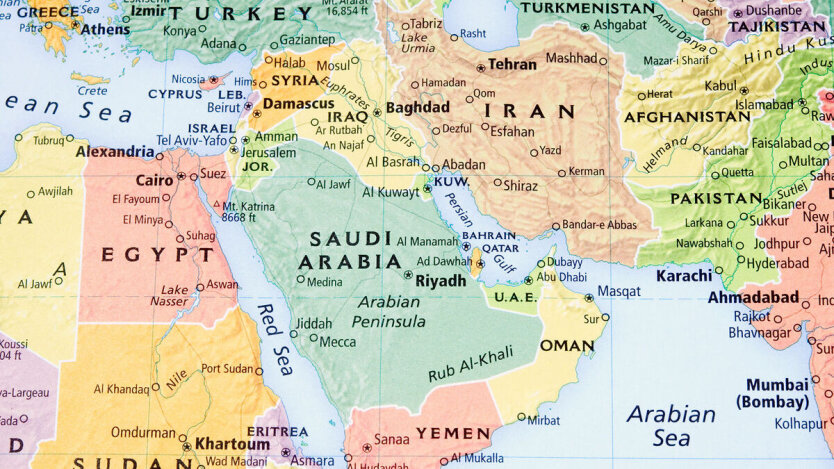Biden's Policy to Prevent Escalation in the Middle East Led to the Opposite Effect — WSJ.


According to Walter Russell Mead, columnist for The Wall Street Journal, representatives of U.S. President Joe Biden are urging all sides in the Middle East to calm down and reduce violence levels. But their calls are not finding a response. Nevertheless, the Biden administration continues to do everything possible to prevent further expansion of the war.
The columnist notes that Biden has failed to engage Iran in a nuclear deal with the U.S., launch a new Israeli-Palestinian dialogue, stop the civil war in Sudan, compel Saudi Arabia to establish diplomatic relations with Israel, and regulate the war in Yemen. All these attempts have been unsuccessful.
For almost a year, Biden's team has tried to achieve a ceasefire between Israel and Hamas through diplomatic efforts. The administration has welcomed progress but acknowledged that the chances of securing a deal are slim.
The columnist concludes that the Biden administration seeks to continue its influence in the Middle East while reducing its presence. However, he emphasizes that the conflicts Biden hates are a consequence of his policy. The reduction of U.S. influence as they withdraw from the region leads to the spread of conflicts.
Source: ZN.UA
Read also
- Enemy losses as of May 1, 2025 – General Staff of the Armed Forces of Ukraine
- The enemy massively attacked Odesa: the aftermath of the 'hits'
- Russian occupiers have radically changed their assault tactics
- In Ukraine, the date of the occupation of Mariupol has been updated for historical justice
- 30 Days of Silence: Zelensky Reveals Conditions for Starting Peace Talks with Russia
- Under the cover of the 'May truce', Russia is preparing to intensify strikes – Armed Forces of Ukraine










